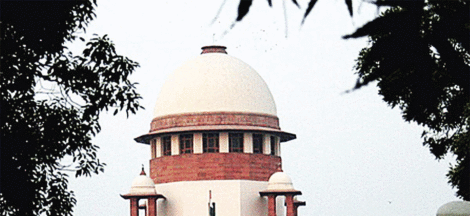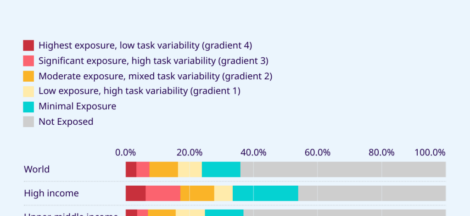By Tirthankar Mitra
No matter how loud the cash counters at the box office jingle, Shahrukh Khan starrer ‘Dunki’ is not a film to write home about. It is themed on the issue of illegal migration and “dunki maarna”, the Hindi colloquialism for illegal migration. Also, the movie comes even as more and more Indians are joining the “caravans” passing through Mexico towards the United States border and EU countries try to stem the intrusion of asylum-seekers into their borders.
This is not the time to split hairs whether it is a happenstance or coincidence that the release of this film on a sensitive issue comes together with the tightening of the rules which mark the passage of migrants to countries of the European Union. What, however, has to be taken note of is that an unpleasant surprise was sprung on the asylum seekers or irregular migrants by a new set of rules.
It fundamentally transforms the EU’s approach to this group of refugees who usually do not have too many options to return. It catches them on the wrong foot as nobody expected the usually divided EU to arrive at a consensus. In the backdrop of the new rules, asylum-seekers will need to cross more hurdles than before, contradicting the EU’s fundamental promise of relatively free movement within its member states than in other parts of the world.
Under the new asylum system, European Union countries will not be required to take in asylum seekers who enter another European country first. They can choose to do so, or can contribute to a fund aimed at supporting countries that receive the highest number of asylum seekers.
Now, the funds for countries taking in a maximum number of refugees taking shelter within its borders is not to help the helpless people to build new lives. It is to build detention centres with increased capacity for processing asylum applications. Remember the Nazi concentration camps where Jews were herded into during World War II?
Make no mistake, these detention centres would differ from those concentration camps in one aspect only: The inmates will be walking into them voluntarily, desperate to begin a new life in another country. The similarity too is unmistakable. Like the Jews and others whom the Nazis considered inferior races, these asylum seekers will feel every moment of their existence at the detention centres like they are being looked down upon.
Internal divisions within the EU had long debated on how many asylum seekers each member state should accept. Several eastern European nations have been hesitant to accept people entering through nations like Italy and Greece. This new policy is a frayed version of the consensus that emerged post-World War-II on protecting refugees in times of multiple conflicts. The situation is not dissimilar to now when entire householders are turned into refugees overnight by civil wars, economic crisis and climate change.
But those balmy days of post-World War-II brotherhood have gone and brooding will not improve matters.
The world has 114 million displaced people, if United Nations stats are anything to go by, and an unprecedented figure it is. On one hand, the new policy speaks of the rights of asylum-seekers, on the other, it aims at reducing the number seeking asylum in Europe. It puts in place a mechanism enabling each EU member state to follow its own refugee policy; at the same time it speaks of solidarity within the European Union.
An individual nation will follow it. The fact remains that it has eroded the global understanding of the rights of refugees laid down under international law. The provision allowing the prevention of certain nationalities with low success rate has sparked controversy. Indians, Tunisians and Turks are prevented from entering member states of the European Union.
Moreover, questions are raised about the thoroughness of assessment and protection of applicants’ rights. The screening mechanism risks violation of principles on discrimination. For example, individuals being unjustly detained at the borders of the country in which they are seeking asylum may be arbitrary.
The crux of the matter lies in a nuanced approach that upholds the EU’s commitment to human rights. One must not lose sight of the fact that declaring a person a security risk can arbitrarily lead to deprivation of freedom. It can have potentially severe consequences for individuals. A balance has to be struck between the new law and humanitarian considerations. The true test of the new legislation will lie in its appropriate implementation. (IPA Service)



